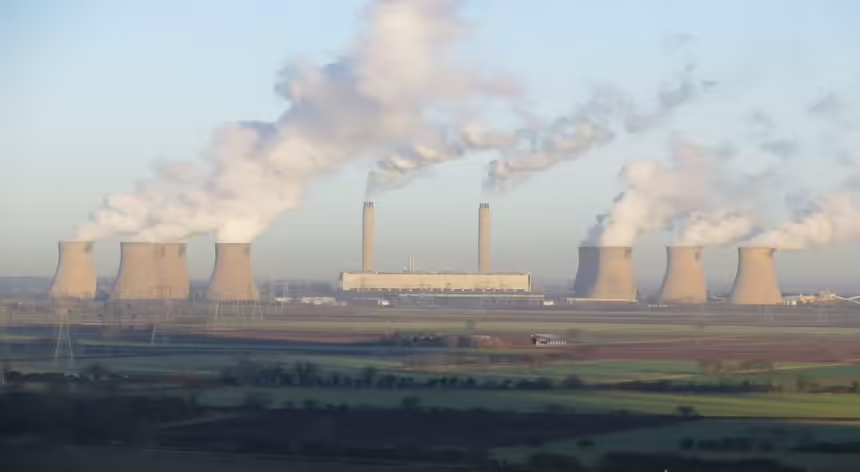For the first time since 1882, the United Kingdom will have no operational coal-fired power plants. This marks a historic shift away from coal, which had once powered over 90% of the country’s electricity grid. The closure of the Ratcliffe-on-Soar plant, which had a capacity of 2,000 megawatts and began operations in 1968, officially ends the era of coal energy in the UK.
What’s Happening & Why This Matters
The decision to close Ratcliffe-on-Soar is a direct result of multiple factors, including the UK’s commitment to reducing carbon emissions, the growth of natural gas and renewable energy sources, and various pollution controls. The UK’s first coal-powered plant opened in 1882, and coal remained central to the nation’s power generation for over a century. However, increasing awareness of climate change and the government’s goal of achieving net-zero greenhouse gas emissions by 2050 have gradually shifted the country’s energy strategy.
Coal’s dominance began to decline for several reasons. First, the European Union introduced new regulations to combat acid rain, increasing the costs of running coal plants. The discovery of oil and gas deposits in the North Sea provided cheaper alternatives, while efficiency gains in other energy sectors further reduced the demand for coal. Employment in coal mining, once a politically influential sector, shrank as coal became less relevant, reducing its sway over energy policies.
By the 1980s, UK coal production had peaked, and while the construction of new coal plants was considered as recently as the late 2000s, it never materialized. Instead, in 2005, the EU launched a carbon trading system that penalized high emissions, driving a shift to cleaner energy. Successive UK governments, including both Labour and Conservative parties, pursued national emissions targets that solidified the country’s commitment to a coal-free future. These policies laid the groundwork for renewables to flourish, particularly offshore wind farms, which tripled the generation of renewable energy from 2013 to 2023.
While the UK had its first coal-free day in 2017, the country soon saw entire weeks without using coal-powered electricity. Ratcliffe-on-Soar’s closure is the final step in the country’s shift away from coal, made possible by its aging coal infrastructure and the availability of natural gas, which reduced coal’s economic appeal.
TF Summary: What’s Next
With the UK officially coal-free, the country now focuses on achieving its ambitious target of decarbonizing the power sector by 2030, now accelerated by the newly-elected Labour government. This achievement demonstrates that even coal-reliant countries can make the transition to cleaner energy. Other nations now look to the UK as an example, hoping to replicate its success in moving away from the world’s dirtiest energy source. This historic moment embodies how far renewable energy has come and its crucial role in the planetary fight against climate change.
— Text-to-Speech (TTS) provided by gspeech


